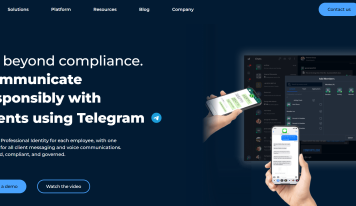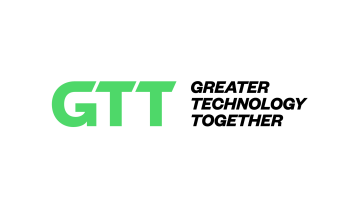For decades when you purchased a new Microsoft product you knew it would take more disk space, memory and processor speed than most competitive products on the market. As an ex-MIS Director I can tell you firsthand how new Windows upgrades meant new machines were mandatory. Vista is no exception… You just can’t seem to have a fast enough machine for this OS as even with a state of the art chip, gobs of memory and the fastest graphics coprocessor you can get, you will see hourglass icons on a routine basis.
But recently the trend towards netbooks has shown the world that you can indeed sell antiquated hardware – you just have to run a less resource intensive OS on it such as Linux or Windows XP. The success of these netbooks in fact has been so great that it caused Intel to have earnings which far exceeded analysts’ estimates and while still down from last year, they included a quarter over quarter increase of 65% in Atom processors the chips which power many netbooks on the market. This amounts to $362 million for the second quarter.
Total sales were up 12.2% from the first quarter for a total of $8.02 billion – the strongest first to second quarter gain since 1988 according to CEO Paul Otellini. Although there were many bright spots, the company did report a loss due to a fine from the EU.
Some analysts think Intel is heading into dangerous waters as netbook processor margins are lower than those for servers and desktops. Intel officials however say there is no need to worry yet.
And they may be right as working on netbooks can be a painful affair as they are just so slow. If anything there will be an increasing need for netbook users to upgrade to a faster processor and I wouldn’t be surprised if netbooks don’t become the notebook replacement computers the industry fears but instead go on to fulfill their original role of niche computing devices used in the bedroom or other nooks of the house where a faster computer is not available. Of course the economy dictates consumer spending to some degree so we will have to wait and see how macro trends affect the tech market going forward.
But if there is a concern investors should have it is that the computing community – buoyed by Apple marketshare gains is pressuring Microsoft to come out with a lighter and faster Windows 7. In addition there is a further trend towards cloud computing which means less desktop horsepower is needed. Then there is the potential for the Google Chrome OS to actually be very fast and efficient like the Chrome browser and most other products Google has rolled out to date. All of these trends spell a change in an industry which is used to bigger and more resource intensive products from Redmond which are then adopted by all.
So on the one hand we have the drive towards faster and more expensive processors which will soon be led by people upgrading from the pregnant sloth-like netbook experience and on the other the industry is looking to strain processors less via remote processing meaning no need for faster computers.
Past experience however seems to favor the increasing need for ever-faster processors to handle the increasing demands of the multiple resident applications running on computers these days. The netbooks I have tested are too slow without virus checking software – let alone adding Skype, antivirus, anti-malware, remote connectivity and a half-dozen other resident programs many of us have become accustomed to these days.
So while Intel needs to be careful in the short term, over time I think they will have a rich base of new customers looking for faster processors which of course means greater margins. And for consumers the plethora of cost options and form factors means ubiquitous net access which translates into a vibrant market for applications and broadband access as well.





